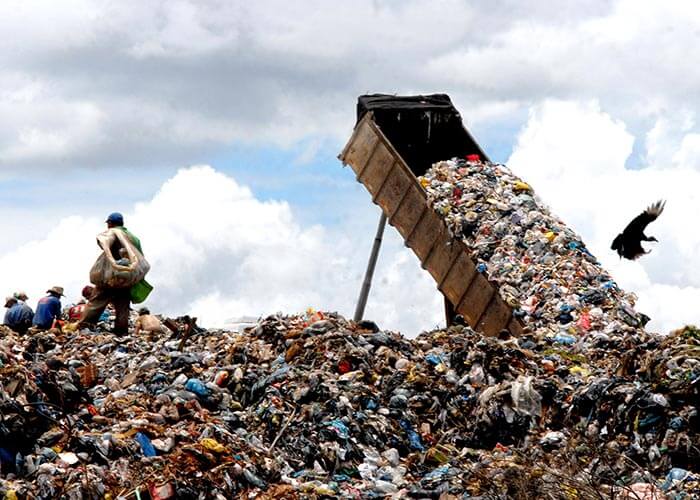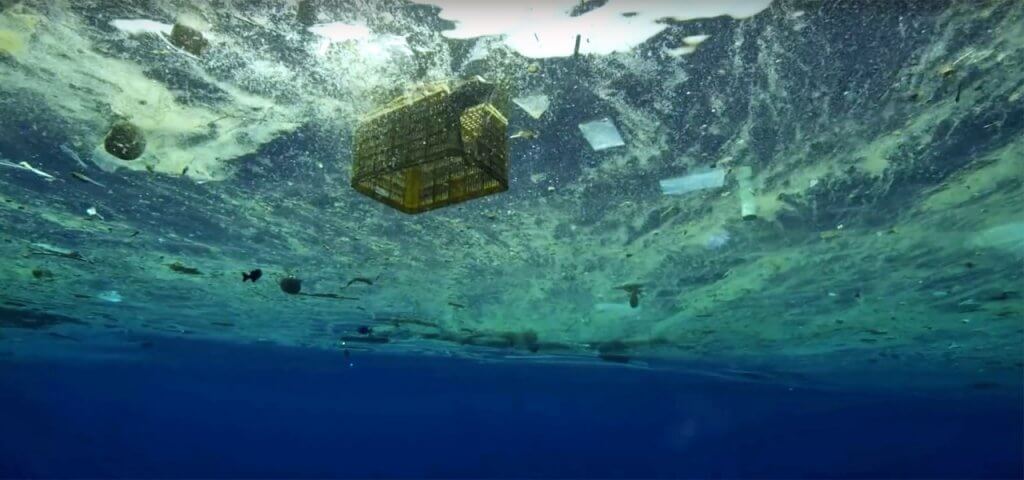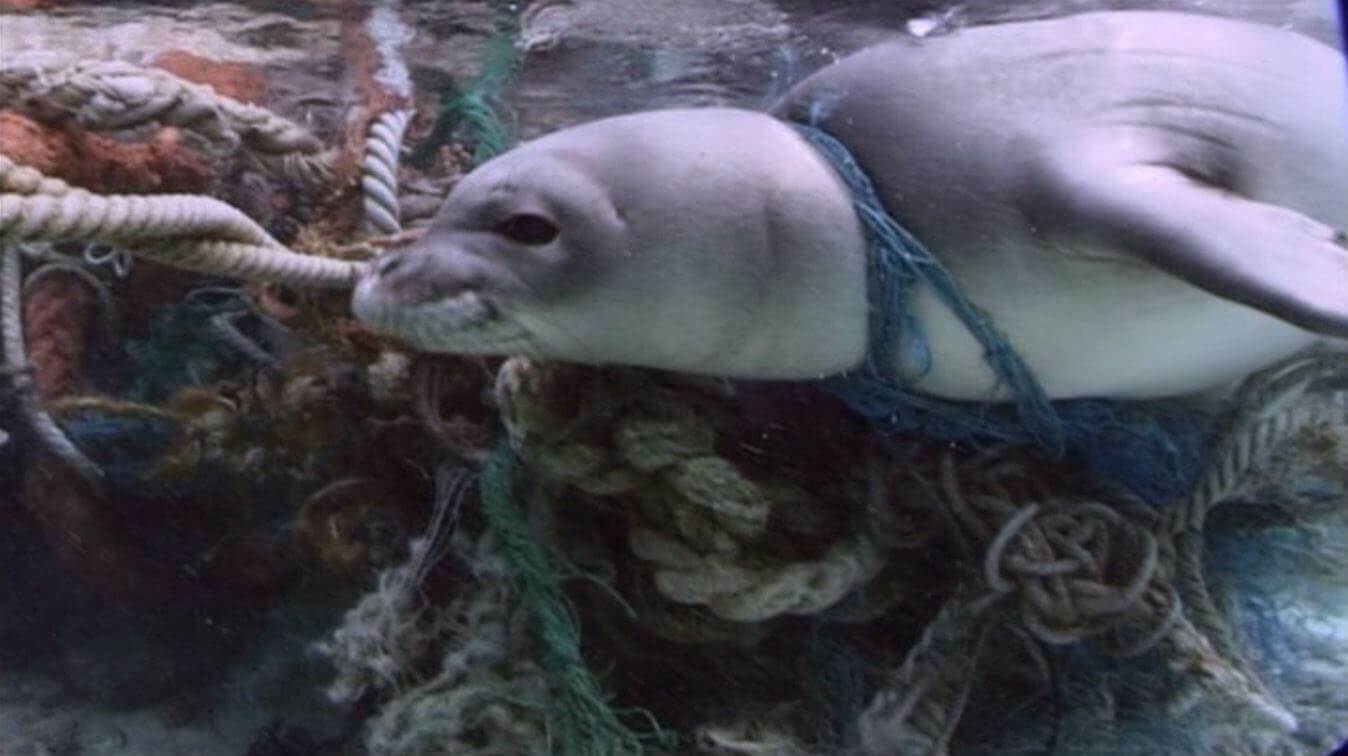Dear Reader,
Some of you may know that I am from Brazil and I have a Bachelor of Science in Sanitation and Environmental Engineering. Among the subjects I studied was waste management. Considering we are constantly generating waste on this planet, it struck me that only in 2010 a law that concerns waste management was enacted in my home country, the Brazilian National Solid Waste Bill n. 12.305/2010. Even though it was considered a revolution at the time and perhaps even now still is—I think it shows how much we are neglecting the crucial waste management agenda.
Don’t get me wrong, this was not the first bill of its kind in Brazil. However, the absence of clear goals, instruments, principles and rules can cause the accumulation and repetition of automatic actions that may lead to substantial issues in the future. Thus, the bill 12.305/2010 was created with the goal to protect public health and environmental quality; promote non-generation, reduction, reuse, recycling, and treatment of the solid waste; and to ensure the adequately environmental final disposal of the rejects (the waste that could not be recycled, reused or recovered). One important target defined by the Brazilian National Solid Waste Bill was the eradication of dumpsters in the entire country by 2014—a goal that was not achieved and postponed to 2021. Sadly, according to the Cleaning and Special Waste Companies Brazilian Association (Abrelpe), in 2017 dumpsters increased by 1% in the country, while the volume of waste destined to such places also rose in 4%. ¹ Irony can be ironic sometimes… Even with the bill, the waste management issue is not improving in Brazil.

Source: HypeVerde
This was supposed to be a short introduction to my review of the documentary “A Plastic Ocean”, but here I am… And indeed, there is a lot to say regarding this “waste disease”. Nevertheless, being now in Germany, I feel impressed, happy and excited when I see how well this country manages its waste. I don’t know what your opinions are if you were born and grew up in Germany. Still, compared to my upbringing in Brazil, Germany sets a great example to several governments in how to successfully implement domestic waste separation and recycling, ultimately supporting an improved quality of life, environment, and a better tomorrow for all. Now, without further ado, I will begin my documentary review, I hope you are still with me.
The documentary “A Plastic Ocean” impacted me in so many different ways. From the start of its first frame which quoted Helman Melville’s Moby-Dick until the end of the movie, it is an honest, heart-breaking, apologizing letter to the planet and to the biota present in it. This documentary was directed by journalist, filmmaker and adventurer Craig Leeson and begins with him talking about his astonishment as an 8-year-old kid when he saw a whale for the first time in a National Geographic magazine. As we are led to the ocean by the coast of Sri Lanka, diving alongside the British diver Rich Horner, the viewer is shocked as plastic and other kinds of waste are found in that area, especially because the beaches in that region have been closed for up to 30 years.

Source: Footage of the documentary “A Plastic Ocean” (2016)
The film continues its trajectory in the ocean presenting several different locations and the environmental problems caused by plastic—up to this point, especially on the marine fauna. It is devastating as the viewer sees footage of a dying Bryde whale that had its digestive system blocked by a 6 square meter plastic sheet. Animals including dolphins, seals and sealions are physically harmed because they had some kind of plastic wrapped around their necks. It is not possible to live having this general thinking that when we throw something away, we are free of it. As some of the interviewers stressed, which is a 100% true, there is no “away.” We live in a closed system, one planet, and at this point we are well aware that nothing simply disappears. How outrageous is it to think that in some places in the ocean there is more plastic than plankton?

Source: Footage of the documentary “A Plastic Ocean” (2016)
“A Plastic Ocean” exhibits didactically the ocean’s function and importance for the planet, as well as how it is possible for plastic to be transported from anywhere to the ocean. With an assembly of doctors and researchers, the viewer is guided through the documentary to understand the role of the currents, the existence of gyres, what is bioaccumulation, toxicity of plastic components and effects of plastic pollution on our health. There is not a moment when the viewer is left hanging. It is an essential documentary for every human inhabitant of this Earth. It emphasizes that we live in an interconnected world; it makes us travel to different corners of the planet and reminds us of social inequalities, sustainable alternatives, technological advancements and essential, immediate action. Besides counting statistical plastic production within the time frame we are watching the movie, as production never stops.
I would say find time and watch “A Plastic Ocean” today. It is a movie that challenges and confronts us. It opens our eyes to spheres of our planet and the current reality that we either sometimes neglect or are unaware of. We are active agents of change and it is a fact that we can help planet Earth. Bit by bit. One by one. The sum of everyone’s good actions can make a huge impact. And share this documentary or suggest to friends and family because, quoting Craig Leeson, “From knowing comes caring, and from caring comes change.”
Sincerely,
Éverton Souza da Silva
P.S.: “A Plastic Ocean” is available on Netflix.
1 https://ecocircuito.com.br/legislacao/










very good thanks
thankkkkkkkkkkkkkkkkkkkkkkkkkkkkkkks